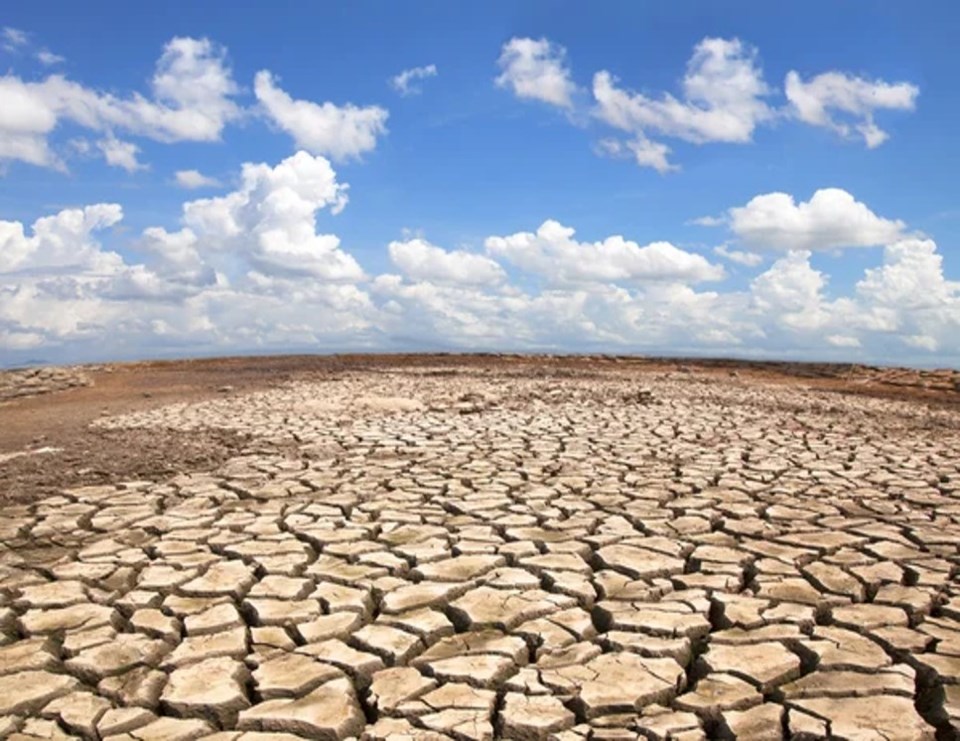There’s a drought coming and it’s apparently going to be bad.
That’s why organizers of a gathering aimed at collaboration between all levels of government, agencies and anyone with an interest in drought preparedness are inviting the public to get involved in a workshop Feb. 23 at the RancheHouse in Cochrane.
The Bow River Basin Council’s (BRBC) Legislation and Policy Committee’s Spring Workshop is subtitled Collaboration in times of Severe Drought.
The purpose is to raise awareness, identify concerns sector by sector, identify solutions, and provide advice to local and provincial governments.
Put differently, the day will be dedicated to preparing to be prepared.
Rather than try to list all of the possible categories of people who may have an interest (ranchers, farmers, urban/rural residents, small business owners, etc.) the easiest way to describe the invite “list” is: the public.
Participants hear from the experts, write down questions for the panel, which will then discuss, before opening to more questions.
Co-Chair of the BRBC Legislation and Policy Committee Dr. Judy Stewart said level of expertise in water issues is not a prerequisite. Quite the opposite, actually, since water supply issues affect us all – especially, if the predictions hold true, this summer and fall.
“This workshop is designed especially for you. Every person, child, parent, entrepreneur, big business owner and government official will be affected by this drought when it arrives dry, hot and dusty: no-one will be immune,” Stewart said.
“There simply won't be as much water available to carry on as usual. We all need to be prepared as best we can, given that it is unpredictable as to timing and severity. We want as many people from as many different sectors and lifestyles to attend to learn from the experts and participate in the workshop,” she said.
The intent is for each participant to share their concerns and provide possible solutions to get us through a drought emergency together.
“We need each other to collaborate and try to understand what a State of Emergency Drought will mean in our daily lives,” Stewart said.
“It is about sharing and collaboration. The information shared will be summarized for municipal and provincial governments to let them know what we want from them and what they can do to help everyone during a State of Emergency.”
Irrigation districts have licences that allow them to use more water than any other sector including municipalities. During a declared state of emergency for a stage 5 drought water licenses and water rights can be set aside by government.
Water sharing agreements are currently not enabled through the Water Act provisions, which is why governments are trying to develop such agreements in the event that an emergency is declared.
“Irrigation districts say they will provide water to people first, then animals, then crops. But without crops, animals and people will die. Without animals and crops, people will die,” Stewart said.
She said the result would be that both crops and animals would have to be imported to make up for what cannot be produced during a drought.
And on the personal level, Stewart said there may be some tough messaging down the road.
“What we hope to get across is that while each of us is doing what we can in our daily lives to reduce consumption, we can do even better because we can ask for fewer services and commodities that require lots of water to produce.
“It is our buying-power at work here - we can change what we choose to buy and how much. For example, do we need to drink sixteen boxes of Bubly a week? Does our vehicle need washing every Sunday so dad can get out of the house? We are creatures of habit but our habits are unsustainable in a drought of this magnitude,” she said.
Some of the expert panelists scheduled to present include: the provincial government (water sharing agreements), City of Calgary (preparing for drought), Irrigation Districts (preparing for the big one), Department of Fisheries and Oceans (preparing for the fish and habitat).
The Bow River Basin Council describes itself as: “a collaborative, multi-stakeholder, charitable organization, serving the collective interests of more than 1.3 million residents as a widely trusted voice of reason, respect, and balance within our watershed.”
The workshop runs 8:30 am to 4 pm. To find out more and/or register (it’s free) go to Eventbrite.com and search for Drought ParticipAction.




